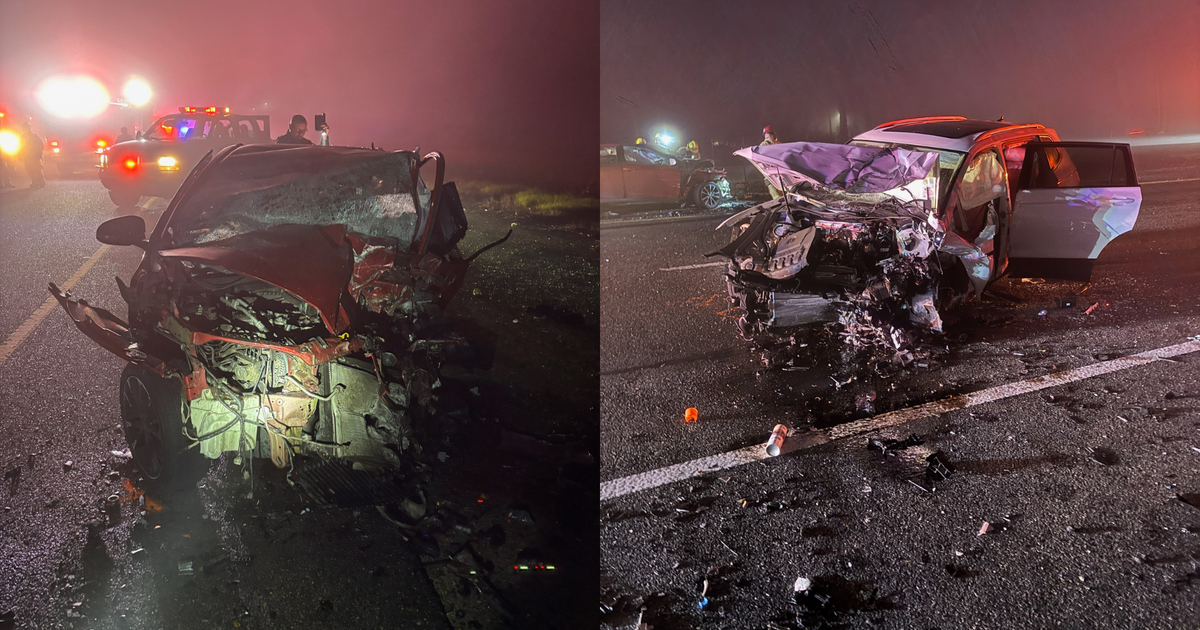Maryland mother describes 'long road' of infant daughter's recovery from RSV
BALTIMORE - Doctors are sounding the alarm about three separate respiratory viruses that are sweeping across the country and affecting the population, from the young to the old.
The viruses are COVID-19, Respiratory Syncytial Virus (RSV) and influenza.
Doctors are particularly concerned about the effects of RSV on the elderly and children.
Sarah Stuckey, from Anne Arundel County, said she had a horrifying experience when her 9-month-old daughter, Caroline, contracted RSV.
Stuckey said Caroline was hospitalized for 23 days with the virus, first in an Anne Arundel County hospital.
Then, when she needed more intensive care, Caroline was flown to the University of Maryland Children's Hospital in Baltimore.
At times, Stuckey said she thought her only child would die.
"When they told us that, you know, this ventilator can't support her, we just don't have the means at this hospital," Stuckey said. "I knew we were in for a long road."
Stuckey said Caroline was placed on numerous hospital waiting lists because beds for pediatric patients were taken.
It took hours for an opening to come to fruition at the University of Maryland Children's Hospital.
"And when I got this call, I quickly thought, this is the sickest patient in the region and I looked at my nursing colleagues and said, 'We've got to get her in' and we just quickly mobilized," said Dr. Jason Custer, Chief of Critical Care at the University of Maryland Children's Hospital. "We worked on her that whole night and by the next day, she was improving."
Baby Caroline is now 10 months old and she's now back home.
"She's progressed beyond where she was before she got sick. I mean, she's almost walking, she's talking more. She's just thrilled to be back with her friends at school," said Stuckey.
Doctors say 100 to 300 children die from RSV every year, most likely because their immune systems haven't been challenged yet. Elderly adults are at risk, too.
During a briefing Thursday, doctors at Johns Hopkins Hospital said they are also watching trends with COVID-19, and the flu, which is at the highest level the country has seen in years.
Doctors are urging everyone to follow the common-sense practices that were common during the peak of the COVID-19 pandemic, like wearing masks.
"So what can we do right now to protect ourselves, yourself, your family, your community? So first of all, get the flu shot," said Dr. Keri Althoff with the Johns Hopkins Bloomberg School of Public Health. "Don't wait any longer, particularly if you're an individual who is either on the younger or the older ends of our age spectrum, or you're at high risk for severe influenza-like illness."







